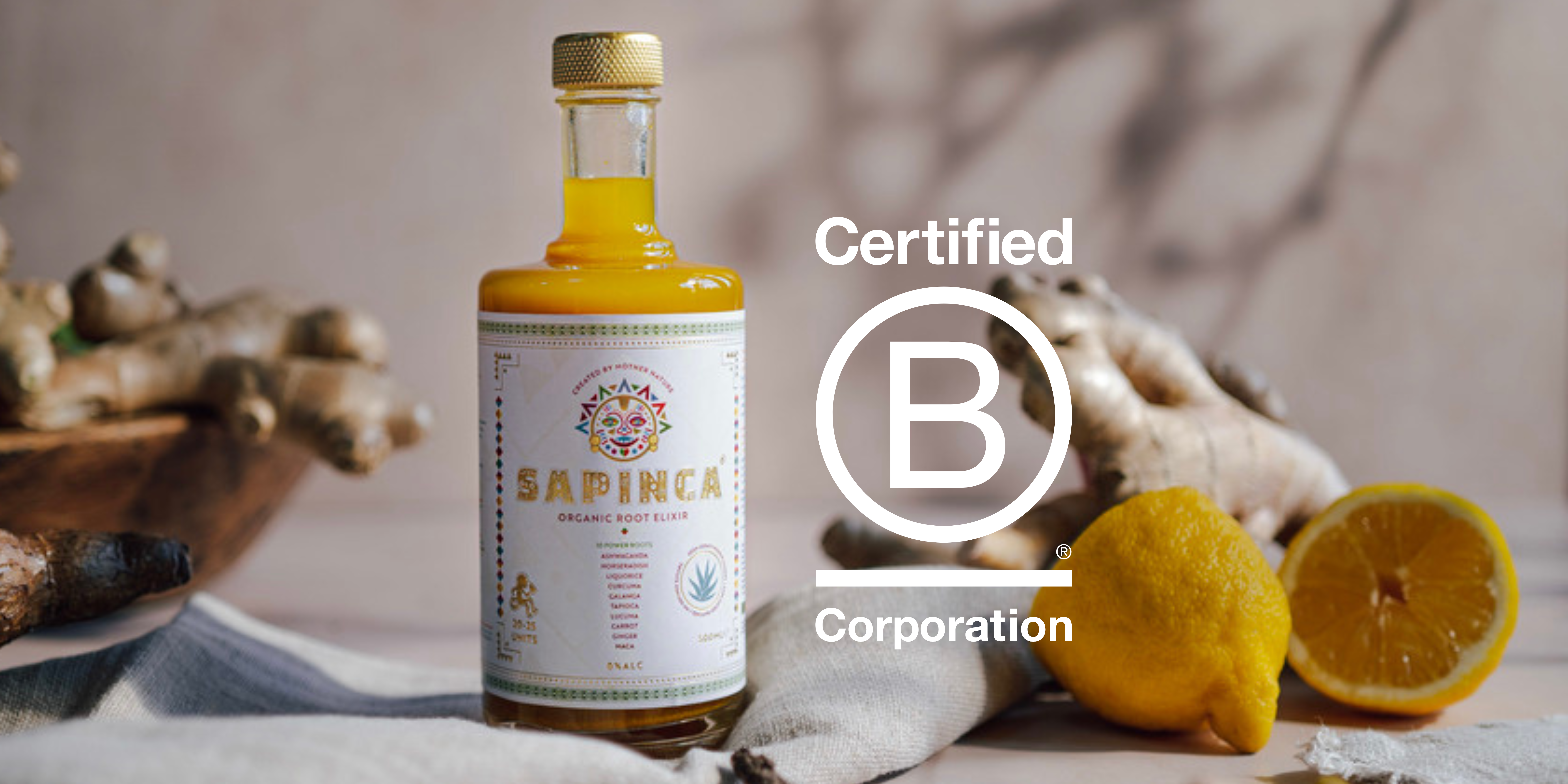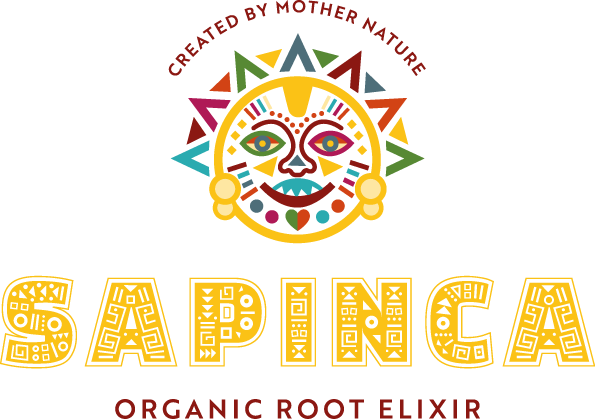

Good Rootz BV

South Holland, Netherlands The
December 2024
Beverages
Wholesale/Retail
Netherlands The
SAPINCA is not just creating another drink — they’re redefining how people think about beverages. Rooted in nature and culture, SAPINCA is organic, vegan, 100% natural, and alcohol-free. Founded in 2021 by Diederick Evers, he was inspired by his chef mother and travels across Latin America. SAPINCA blends ancient roots into unique, flavorful elixirs. The company's vision is to lead the non-alcoholic beverage industry by inspiring wellness, sustainability, and mindful living through innovative, high-quality drinks. Every sip embodies the motto, “Create Your Moment,” inviting you to slow down and savor meaningful moments. As a proud B Corp, they are committed to social and environmental impact. Together with Misión Huascarán in Peru, they set up the Children’s Nutrition and Clean Water Program. This program provides clean water, nutrition, and education to rural children, improving lives and futures. By drinking SAPINCA, you’re part of a global mission to combat malnutrition, anemia, and water scarcity. Together, creating wellness and connection, one sip at a time.
Overall B Impact Score
Governance 19.2
Governance evaluates a company's overall mission, engagement around its social/environmental impact, ethics, and transparency. This section also evaluates the ability of a company to protect their mission and formally consider stakeholders in decision making through their corporate structure (e.g. benefit corporation) or corporate governing documents.
What is this? A company with an Impact Business Model is intentionally designed to create a specific positive outcome for one of its stakeholders - such as workers, community, environment, or customers.
Workers 13.2
Workers evaluates a company’s contributions to its employees’ financial security, health & safety, wellness, career development, and engagement & satisfaction. In addition, this section recognizes business models designed to benefit workers, such as companies that are at least 40% owned by non-executive employees and those that have workforce development programs to support individuals with barriers to employment.
Community 26.7
Community evaluates a company’s engagement with and impact on the communities in which it operates, hires from, and sources from. Topics include diversity, equity & inclusion, economic impact, civic engagement, charitable giving, and supply chain management. In addition, this section recognizes business models that are designed to address specific community-oriented problems, such as poverty alleviation through fair trade sourcing or distribution via microenterprises, producer cooperative models, locally focused economic development, and formal charitable giving commitments.
Environment 33.0
Environment evaluates a company’s overall environmental management practices as well as its impact on the air, climate, water, land, and biodiversity. This includes the direct impact of a company’s operations and, when applicable its supply chain and distribution channels. This section also recognizes companies with environmentally innovative production processes and those that sell products or services that have a positive environmental impact. Some examples might include products and services that create renewable energy, reduce consumption or waste, conserve land or wildlife, provide less toxic alternatives to the market, or educate people about environmental problems.
What is this? A company with an Impact Business Model is intentionally designed to create a specific positive outcome for one of its stakeholders - such as workers, community, environment, or customers.
Customers 4.6
Customers evaluates a company’s stewardship of its customers through the quality of its products and services, ethical marketing, data privacy and security, and feedback channels. In addition, this section recognizes products or services that are designed to address a particular social problem for or through its customers, such as health or educational products, arts & media products, serving underserved customers/clients, and services that improve the social impact of other businesses or organizations.